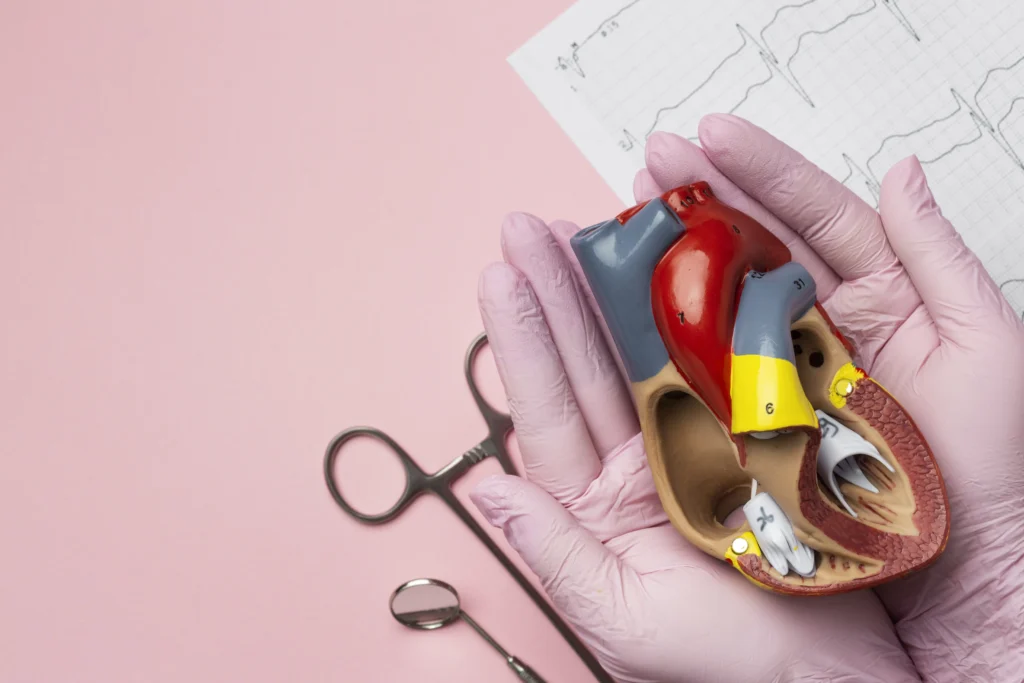
Organ Transplantation In Iran
Organ transplantation is one of the most significant achievements of modern medicine, offering patients with severe organ failure the chance to live a healthy and high-quality life. In recent years, Iran has become one of the regional hubs for organ transplantation, thanks to its specialized physicians, well-equipped hospitals, and advanced laboratories.
Organ Transplantation in Iran
Chronic diseases such as kidney failure, liver cirrhosis, or certain cancers may lead to complete dysfunction of vital organs. In such cases, organ transplantation is often the only lifesaving option. This method not only prolongs the patient’s life but also significantly improves its quality.
According to global statistics, over 90% of kidney transplant patients and 80% of liver transplant patients are able to resume their normal lives. Such success rates are the result of advances in surgical science, particularly precise pre-transplant testing
Essential Tests Before Organ Transplantation
Before every transplant surgery, a series of tests are conducted to ensure compatibility between the donor and recipient. These tests play a vital role in reducing the risk of organ rejection:
- HLA Typing (Human Leukocyte Antigen typing): Identifies tissue antigens to find the best compatibility between donor and recipient.
- Crossmatch Test: Examines the recipient’s immune response to the donor’s cells to prevent immediate rejection.
- Antibody Screening: Detects specific antibodies in the recipient’s body that may be incompatible with the donor’s tissue.
- Viral and Infectious Tests: Includes screening for HIV, Hepatitis B and C, CMV, and other infections.
Luminex Technology: One of the most advanced methods for identifying antibodies and genetic compatibility. It is widely used in Iran and plays a crucial role in improving transplant success rates
Stages of Organ Transplantation
The transplantation process involves several key steps:
- Initial Evaluation: Assessing the patient’s overall health, specialized tests, and confirmation of transplant necessity by the medical team.
- Finding a Suitable Donor: May come from brain-dead donors or living donors (in the case of kidney transplants).
- Surgery: Performed by specialized teams in well-equipped hospitals.
Post-Transplant Care: Includes anti-rejection medications, regular monitoring of the new organ, and immune system surveillance
Post-Transplant Care
After transplantation, patients require specialized care to minimize the risk of rejection. These include:
- Regular intake of immunosuppressive medications
- Periodic visits for blood tests and organ function monitoring
- Maintaining a healthy lifestyle and proper diet
- Avoiding exposure to infections and viral diseases
Organ transplantation remains one of the greatest hopes for patients with severe organ failure. With Iran’s remarkable progress in this field, patients can benefit from advanced services in kidney and liver transplantation.
Why Iran is a Suitable Destination for Organ Transplantation?
- Highly experienced surgeons in kidney and liver transplantation
- Advanced laboratories for HLA and crossmatch testing
- More affordable costs compared to European and American countries
- Quick access to hospital services and full support for international patients

